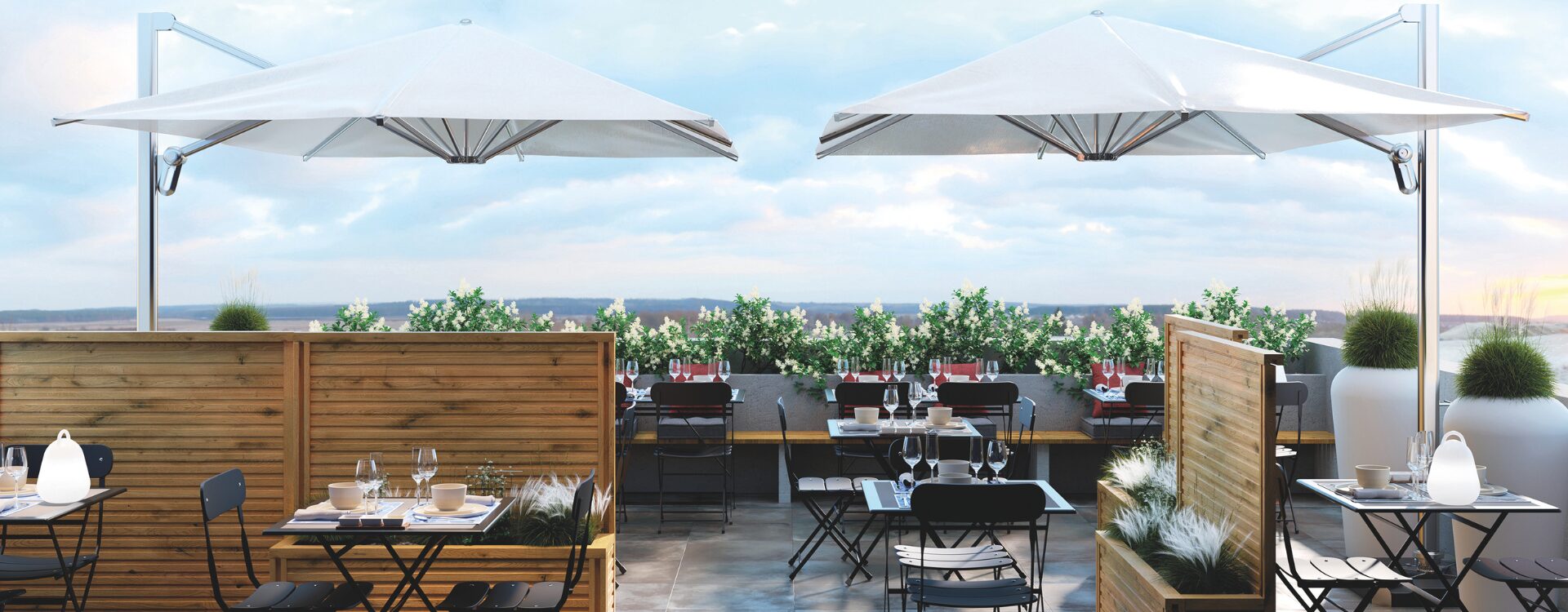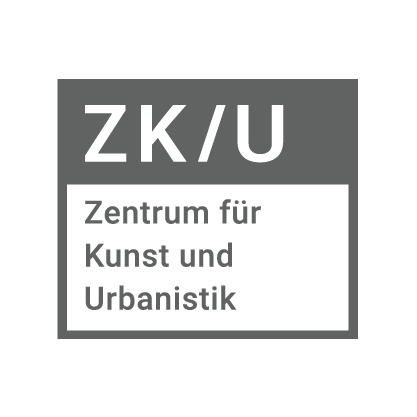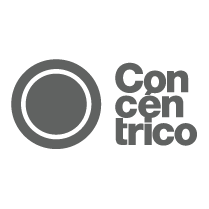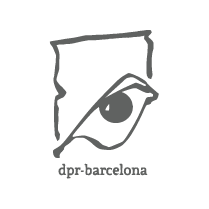Porous Cartographies (Cartografie porose) è una ricerca artistica ideata dal duo Franca Petroni e Leonardo Ruvolo, che si propone di riscrivere le geografie simboliche e materiali dello spazio pubblico. Attraverso pratiche site-specific di mappatura, scrittura, documentazione e archiviazione, il progetto sviluppa un approccio ecologico e relazionale al paesaggio urbano, con l’obiettivo di riattivare uno sguardo sensibile e affettivo sui luoghi che abitiamo.
Porous Cartographies is an artistic research project by the duo Franca Petroni and Leonardo Ruvolo that seeks to rewrite the symbolic and material geographies of public space. Through site-specific practices of mapping, writing, documentation, and archiving, the project develops an ecological and relational approach to the urban landscape, aiming to reactivate a sensitive, affective gaze on the places we inhabit.
The project was awarded the national and European Performing Architecture ↗ open call and will be hosted in residence at ZK/U – Center for Art and Urbanistics in Berlin ↗.
Born from the urgency to rethink urban space in a time of radical transformation—marked by gentrification, mass tourism, and privatization—Porous Cartographies defends public space as a deeply political arena. In an age where every inch of the planet is observed, measured, and digitalized, the project challenges the dominant logic of digital mapping, which reduces the city to optimized routes and calculated timelines. Instead, it proposes a sensitive cartography—one that opens up new possibilities for discovery and connection.
The project unfolds in three interrelated phases:
1. Drift and Cartography
The exploration begins by observing how bodies move through urban space, with a focus on marginal, utilitarian, or overlooked areas. Through an ethnographic and psychogeographic approach, affective maps are drawn to capture densities of encounters, absences, tensions, and community formations. These drifting practices shift the gaze away from abstract digital mapping toward embodied experience—one built from sensory fragments and collected materials: oral memories, ambient sounds, analog images, texts, and small objects that offer an intimate, lateral reading of the city.
2. Writing the Performative Protocol
This observational process gives rise to a performative protocol: an open score of actions, instructions, and micro-dramaturgies. A poetic-political tool, the protocol reimagines public space as a site of coexistence among its various inhabitants—both human and non-human—negotiating new relationships between agents, observers, and territories. It interprets the collected traces and invites others to re-script urban dynamics through new ways of inhabiting the city.
3. Creating the Archive
The final phase involves constructing a critical and poetic archive—not one that documents events per se, but one that offers an alternative narrative of urban space. Through audio traces, affective maps, visual notes, and textual fragments, the archive provides an imaginative and transformative reading of the territory, suggesting what the city might become beyond its visible form.
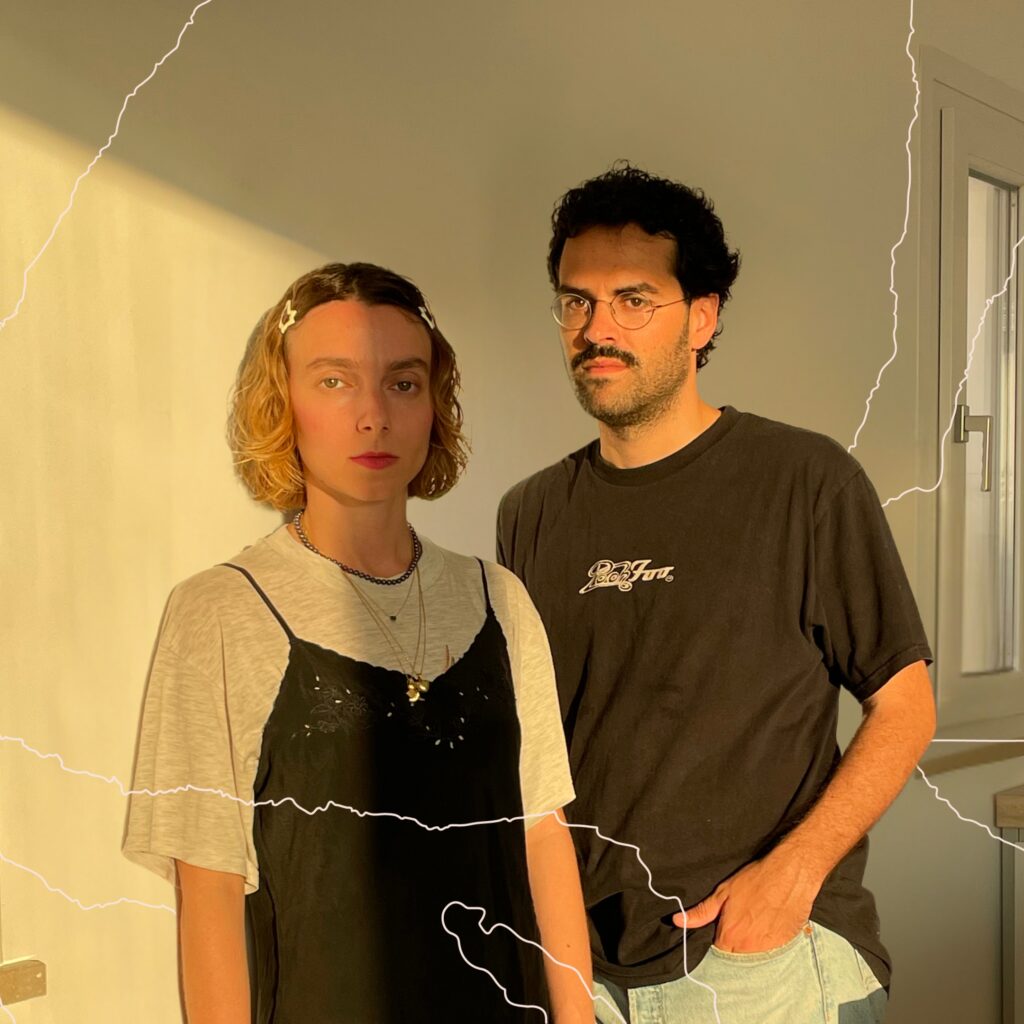
The artists
Franca Petroni and Leonardo Ruvolo form a transdisciplinary duo working at the intersection of dramaturgy, performance, and site-responsive practices. Their research investigates the relationship between body, memory, and territory, often taking shape in curatorial, performative, and installative projects.
Their collaboration began in 2020 as a conceptual exchange rooted in a shared interest in embodied knowledge, spatial thresholds, and performative writing. Since 2023, this trajectory has evolved into the production of performance works, marking a shift toward using performance as a tool for both poetic and political inquiry. Many of their projects come to life through the Mediterranean-based association Landescape ↗, a curatorial platform and living archive.
